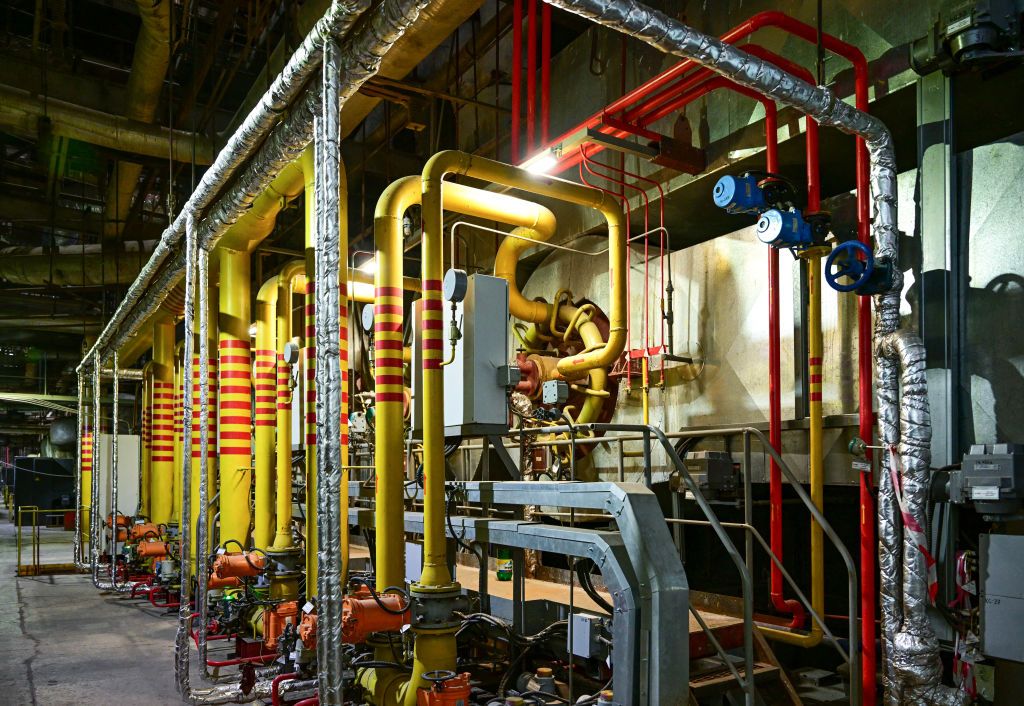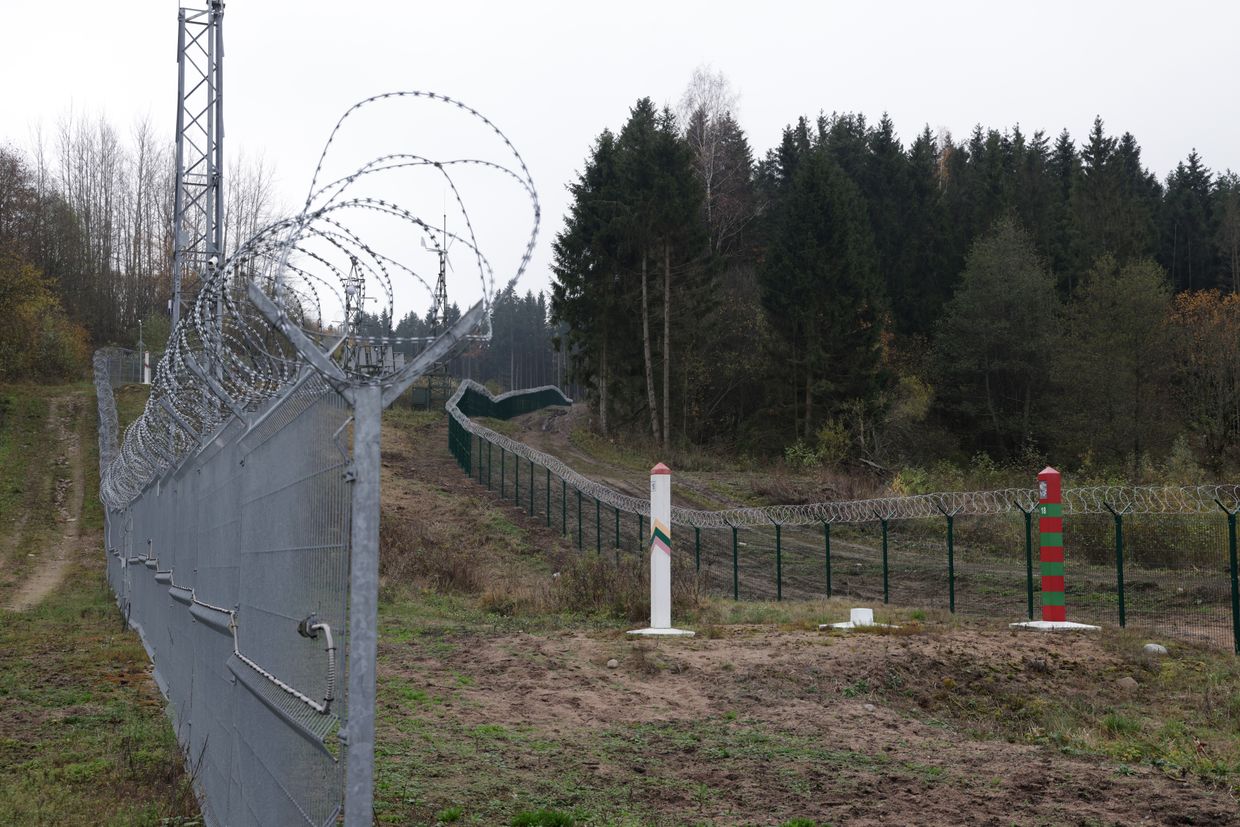Lithuania has announced plans to enhance security measures around its power grids with Poland in preparation for next month's decoupling from the Russian energy system. The move marks a significant step in disconnecting from the Soviet-era grid shared with Russia and Belarus.
Prime Minister Gintautas Paluckas said that the government had directed police forces to safeguard the electricity link with Warsaw, known as the LitPol Link. This decision comes amid concerns about potential sabotage following recent incidents in the Baltic Sea.
"We evaluate every possible version of sabotage, from cybersecurity to physical actions. Therefore, we deploy the Public Security Service because it has the most experience in protecting critical objects. They will replace private security services that have been protecting these objects," Paluckas said during a press conference on Jan. 8, according to Euronews.
Last month, Lithuania's previous government increased security around the LitPol converter and transformer station near Alytus in southern Lithuania. A private security firm was initially contracted to protect the facility until spring, after which the Public Security Service will take over.
Giedrimas Jeglinskas, Chairman of the Parliament’s Committee on National Security and Defence, highlighted the risks in the Baltic Sea, where infrastructure damage and sabotage attempts have reportedly increased.
"Either it’s intentional or unintentional, the number of these incidents will increase. The Baltic Sea is very peculiar, it’s relatively shallow and cables are not that deep. Therefore, these incidents will repeat, because Russia is using the shadow fleet," Jeglinskas reportedly said.
According to the office of the Lithuanian Prime Minister, there are "clear and unambiguous attempts by opponents to disrupt" the planned decoupling, though no further details were provided on the alleged threats or those responsible. Officials assured the public that Lithuania’s energy reserves and contingency plans would prevent any power shortages.
"There is no scenario in which Lithuania would be left without electricity. We've evaluated all scenarios, including operating without any interconnections. Those reserves have been assessed, and scenarios A, B, C, D and so on have been worked out. Perhaps the most important message that we want to communicate is the following: Despite any provocations that could occur, any incidents, the disconnection from BRELL [Belarus, Russia, Estonia, Latvia, and Lithuania] – the Russian electricity grid – is inevitable and will happen in exactly one month," said Arnoldas Pikzirnis, Lithuanian Vice Energy Minister.
The Baltic states plan to disconnect from the Russian energy grid on Feb. 8. Following the decoupling, they aim to independently operate their national grids, which have undergone significant upgrades supported by 1.6 billion euros in European funding.














